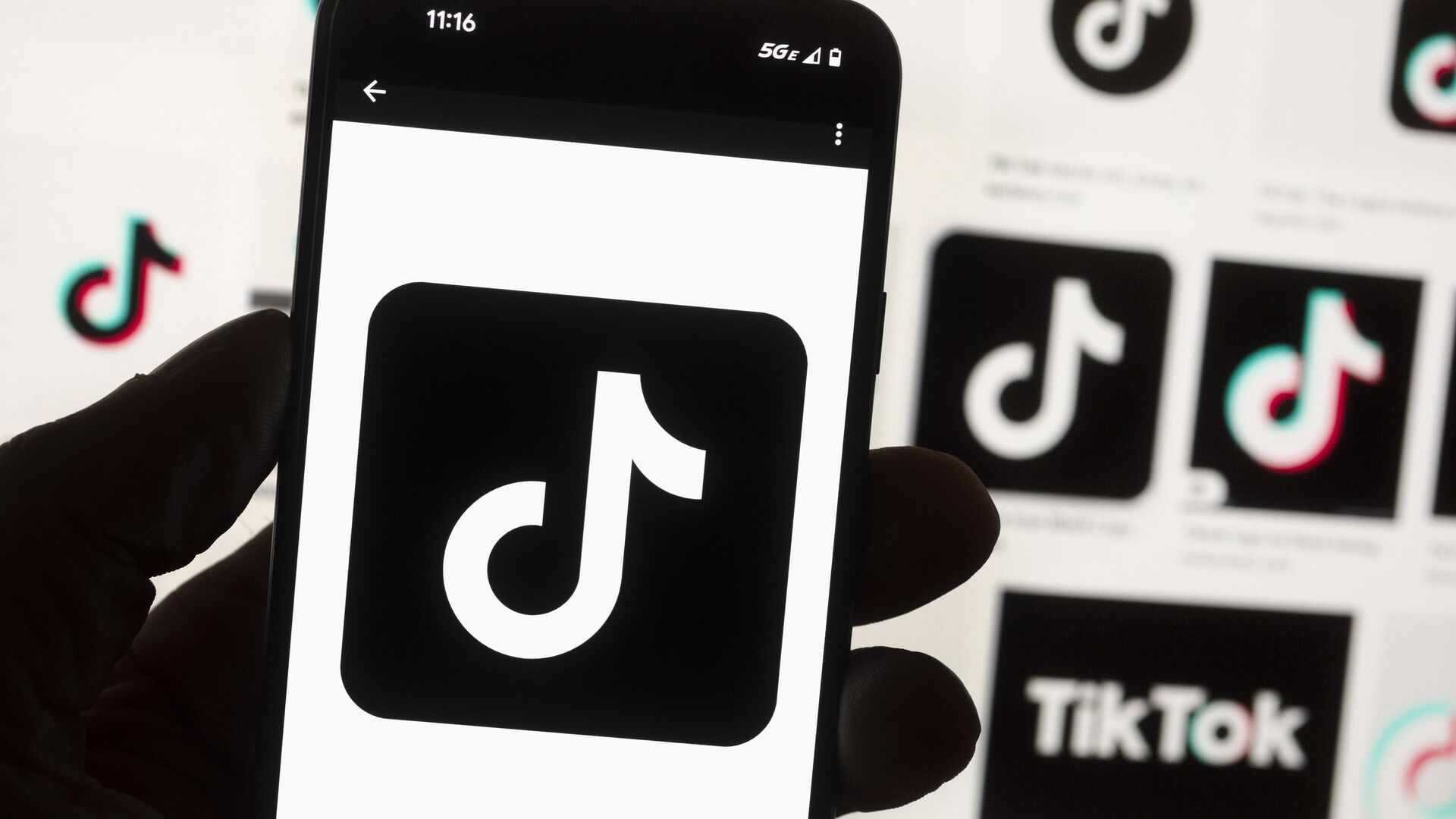https://sputnikglobe.com/20221216/tiktok-promotes-videos-about-eating-disorders-and-self-harm-research-shows-1105510217.html
TikTok Promotes Videos About Eating Disorders and Self-Harm, Research Shows
TikTok Promotes Videos About Eating Disorders and Self-Harm, Research Shows
Sputnik International
Social media algorithms create a sort of social bubble when a user is shown content based on his previous searches. Thus, a user searching for information... 16.12.2022, Sputnik International
2022-12-16T11:38+0000
2022-12-16T11:38+0000
2025-04-07T11:05+0000
tik tok
eating disorder
social media
viral news
https://cdn1.img.sputnikglobe.com/img/07e6/0c/08/1105192525_0:160:3073:1888_1920x0_80_0_0_0402ee49ad074a5697ed5f421a3a59b7.jpg
TikTok is boosting videos about destructive behaviors like eating disorders and self-harm, researchers from the Center for Countering Digital Hate said. In a paper titled “Deadly by Design”, they discuss possible mental health risks behind the use of a popular social network. Researchers created accounts, ostensibly of teens from the US, Canada, Australia and Great Britain, and intentionally “liked” videos about self-harm and eating disorders to see how the algorithms would respond. Within several minutes TikTok was recommending content about eating disorders and self-harm, including pictures of razor blades, pictures of models and idealized body types. Also they created accounts with names indicating potential psychological vulnerability – for instance, they used “lose weight” in the name and account was immediately fed with even more harmful content.“It’s like being stuck in a hall of distorted mirrors where you’re constantly being told you’re ugly, you’re not good enough, maybe you should kill yourself,” claims Imran Ahmed, CEO of the Center for Countering Digital HateTikTok disputed these findings, claiming that the results of the study are skewed since the researchers didn`t use the platform as ordinary users. The company's representatives noted that the platform prohibits videos that encourage eating disorders and self-harm. Users in the US who search for such content receive a recommendation to visit mental health care resources.However, despite these efforts, the researchers found out that the content about eating disorders was viewed on TikTok billions of times, and sometimes users were implementing coded language to evade social platform rules.
Sputnik International
feedback@sputniknews.com
+74956456601
MIA „Rossiya Segodnya“
2022
News
en_EN
Sputnik International
feedback@sputniknews.com
+74956456601
MIA „Rossiya Segodnya“
Sputnik International
feedback@sputniknews.com
+74956456601
MIA „Rossiya Segodnya“
why tiktok is promoting eating disorders, mental health, why tiktok is dangerous for mental health, social media
why tiktok is promoting eating disorders, mental health, why tiktok is dangerous for mental health, social media
TikTok Promotes Videos About Eating Disorders and Self-Harm, Research Shows
11:38 GMT 16.12.2022 (Updated: 11:05 GMT 07.04.2025) Social media algorithms create a sort of social bubble when a user is shown content based on his previous searches. Thus, a user searching for information about self-harm will receive even more content about it.
TikTok is boosting videos about destructive behaviors like eating disorders and self-harm, researchers from the Center for Countering Digital Hate said. In a paper titled “
Deadly by Design”, they discuss possible mental health risks behind the use of a popular social network.
Researchers created accounts, ostensibly of teens from the US, Canada, Australia and Great Britain, and intentionally “liked” videos about self-harm and
eating disorders to see how the algorithms would respond. Within several minutes TikTok was recommending content about eating disorders and self-harm, including pictures of razor blades, pictures of models and idealized body types. Also they created accounts with names indicating potential psychological vulnerability – for instance, they used “lose weight” in the name and account was immediately fed with even more harmful content.
“It’s like being stuck in a hall of distorted mirrors where you’re constantly being told you’re ugly, you’re not good enough, maybe you should kill yourself,” claims Imran Ahmed, CEO of the Center for Countering Digital Hate
TikTok disputed these findings, claiming that the results of the study are skewed since the researchers didn`t use the platform as ordinary users. The company's representatives noted that the platform prohibits videos that encourage
eating disorders and self-harm. Users in the US who search for such content receive a recommendation to visit mental health care resources.
However, despite these efforts, the researchers found out that the content about eating disorders was viewed on TikTok billions of times, and sometimes users were implementing coded language to evade social platform rules.

